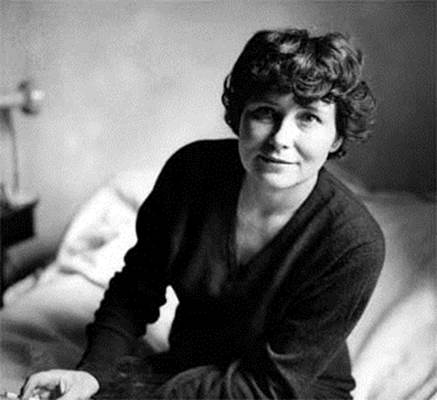
Excerpted from Open Democracy:
These and other Sufi tenets informed such works as The
Four-Gated City (1969), The
Memoirs of a Survivor
(1974), and the Canopus
in Argos: Archives
series (1979-83), among others; Lessing applied them to the lives of her
characters, holding out the possibility of individual and global transformation
and amelioration. Sufism was the resource that enabled her both to develop her
vision of the earth and (in her experimentation with space fiction) to extend it
to the universe. Here, by adapting traditional narrative methods (such as tales
and fables) to modern fiction, Lessing discovered a creative vehicle to examine
the layers of the human soul and to warn humanity that it is running out of time
unless we "work" to develop ourselves.
***
There is rigour and risk here as well as compassion. Lessing's understanding of humans and
their life-force - especially the belief that humans evolve through stress -
means that she regards even war and natural calamity, even threats of nuclear
catastrophe or a new ice age, as the raw material of human survival and growth.
This deep commitment to human evolution in the broadest sense is as much
biological as spiritual. It has enabled her to remain detached - to think for
herself - the better to connect, and thus to illuminate the
world and inspire her readers to undertake the difficult task of engaging in the
"work" to develop their own capacities. The Nobel award is a just recognition of
Doris Lessing's unconfined, protean achievement.
http://www.opendemocracy.net/article/doris_lessing_the_sufi_connection

| Questions
or comments about articles on this site: Email V. Susan Ferguson: Click Here |
Copyrightę V. Susan Ferguson All rights reserved. |
Technical questions or
comments about the site: Email the Webmaster: Click Here |
|
|